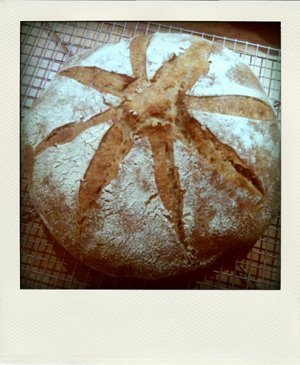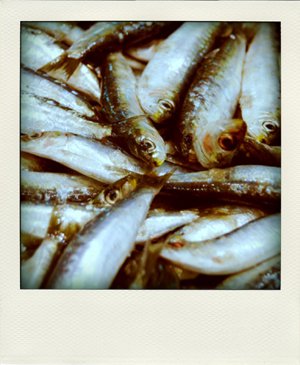
This is part of a series on French idiomatic expressions that relate to food. Browse the list of idioms featured so far.
This week’s expression is, “Ne pas manger de ce pain-là.”
Translated as, “not eating that kind of bread,” it means refusing to act in a way that goes against your values, steering clear of a situation or behavior that you think is beneath you.
Example: “Il faudrait que je fasse des ronds de jambe à la directrice pour obtenir une place pour ma fille, mais je ne mange pas de ce pain-là.” “I’d have to kowtow to the principal to get a spot for my daughter, but I don’t eat that kind of bread.”
Listen to the idiom and example read aloud:







